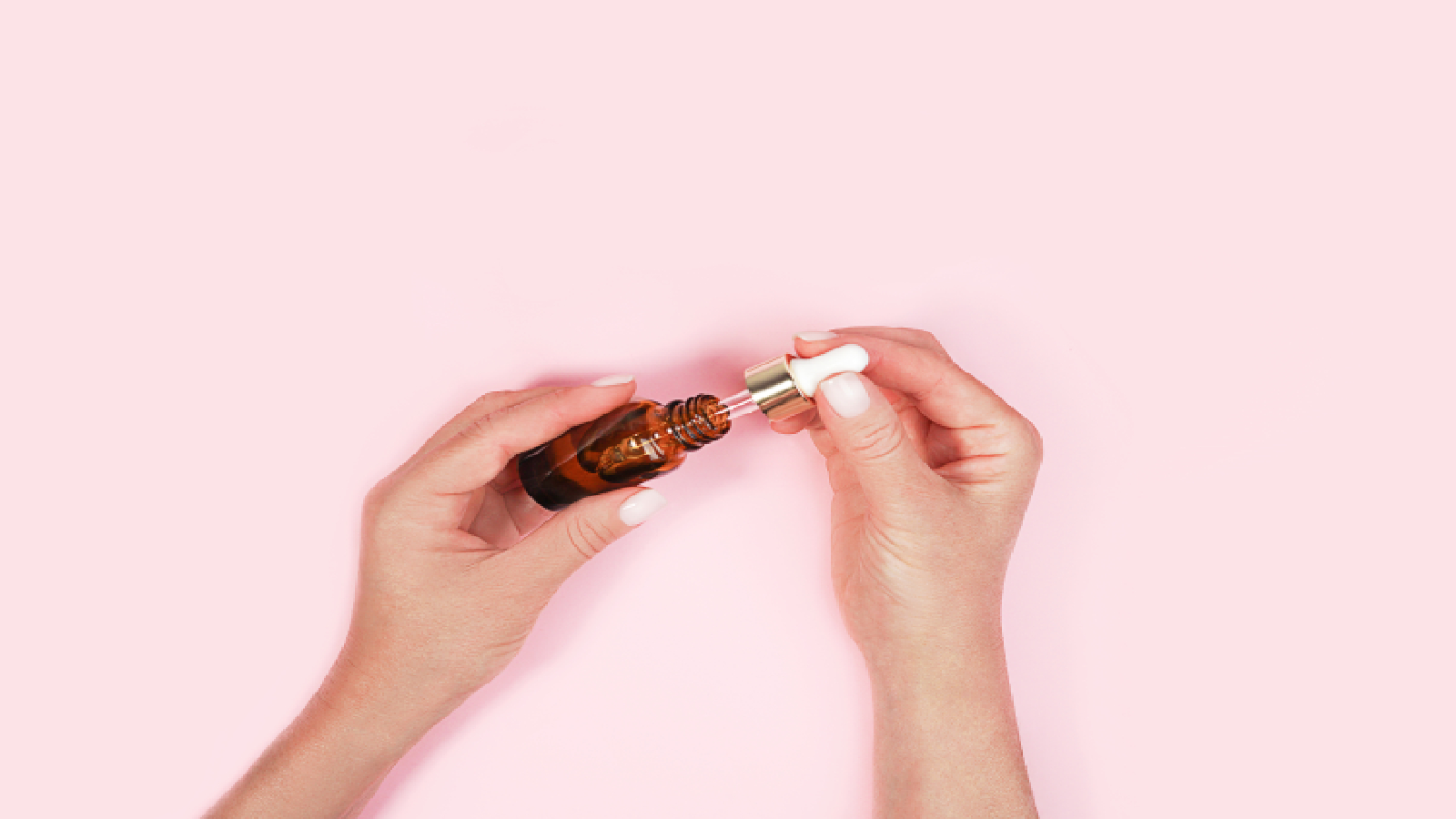What is niacinamide (aka vitamin B3) and how does it work?
Niacinamide is a beauty buzzword—find out why it's a skincare hero


Niacinamide, also called vitamin B3, has become something of a beauty buzzword in recent years. Why? Well, it's reportedly good for almost all skin types, has amazing versatility and despite being a relative newbie in the skincare market, has already been included in many skin creams and ointments.
This guide will tell you all about niacinamide, what it is, the benefits how to use it, and what to look for when buying products containing it as an active ingredient. Niacinamide is a vitamin that is not naturally produced by your body, but you still should always be careful with any new product and ensure you are using it correctly.
What is niacinamide?
Board-certified dermatologist and dermatological surgeon Jennifer Herrmann, MD, advocates its use to her patients "When we think about skin benefits and vitamin B3, we're referring to a specific form of B3 (an amide) called nicotinamide [also known as niacinamide]. Nicotinamide is an essential water-soluble vitamin, which is not synthesized in the body, meaning we have to eat it to receive its benefits," says Herrmann.
This is why you find niacinamide in skincare products since our body doesn't produce it independently. The only way to reap the benefits of this vitamin is to take it as a supplement or use it as part of a toning cream or ointment.
What are the benefits of niacinamide?
Debra Jaliman, MD. touts the many benefits of niacinamide. The vitamin works with the natural substances in your skin to make uneven skin tones less visible, erase fine lines and wrinkles, and get your skin looking vibrant all over. Environmental damage to our skin is a constant threat. Niacinamide lessens this problem by improving the skin's natural defenses and assisting it in repairing past damage.
Niacinamide has other benefits, including:
- It's mild and can be used by people with sensitive or rosacea-prone skin.
- It enables the skin to produce ceramides, a natural skin-strengthening chemical that depletes over time.
- Niacinamide naturally boosts other moisturizers causing them to work better and last longer.
- Wondering is niacinamide good for acne? Yes indeed, this ingredient uses the body's defenses to regulate pores, preventing your pores from getting clogged and producing pimples.
- Niacinamide stops melanin from gathering on your skin's surface. Not only does this ensure that dark blotches don't show up on your skin, but it also breaks down discolorations that already may be there.
Does niacinamide have side effects?
Niacinamide is a powerful ingredient and should be used in low concentrations of one to two percent. Higher concentrations can irritate the skin leading to redness, rashes, and in the worst cases, dermatitis. Always use any product containing niacinamide as directed.
Sign up for the woman&home newsletter
Sign up to our free daily email for the latest royal and entertainment news, interesting opinion, expert advice on styling and beauty trends, and no-nonsense guides to the health and wellness questions you want answered.
When do you use niacinamide?
Niacinamide has many properties that make it perfect for many applications, which is why it is showing up in more and more beauty products. Herrmann explains that it is excellent for people with enlarged pores.
UV rays damage the skin, but niacinamide works with the skin's natural defenses to lessen the impact of UV rays, much like Vitamin C (hence the longstanding skincare debate between niacinamide vs vitamin C) That means the sun causes less damage and produces fewer wrinkles. This is why niacinamide is often found in sunblock. It also works to heal the damage that past exposure to the sun has already done to your skin.
Many dermatologists prescribe niacinamide to their patients with sensitive skin constantly turning red or patients with rosacea. Niacinamide is very mild and increases the effects of moisturizers keeping your skin from getting irritated and flaking.
As you get older, it becomes harder for your skin to produce ceramides, which naturally smooth your skin; niacinamide increases ceramide production, so your skin continues to look young. Uneven skin is also caused by aging, and niacinamide naturally lessens melanin production, evening out your skin and stopping age spots from forming. It can even dissolve age spots that have already formed, revitalizing your skin.
How do you use and apply niacinamide?
Our skin is naturally smart and doesn't easily allow creams and ointments to penetrate the dermis where it can begin to work, so you want to make sure that the beauty product you are using has the technology to get past the outer layer of your skin.
You can combine it with other gentle ingredients, so there's no need to debate niacinamide vs hyaluronic acid. You'll want to look for products with scientific studies backing them up, so you know that they will penetrate your skin and contain proper substance concentrations. The best time to use niacinamide is in the morning. The important thing is always to use the product as directed, or it could damage your skin.
A lifelong creative writer and beautyphile, Eunice Lucero-Lee graduated from De La Salle University in 2002 and was hired a year later to front all beauty coverage for Pink Magazine. A beauty, astrology, and pop culture obsessive and insider for over 18 years, Eunice is an internationally published editor (and now certified astrologer) whose work has been featured in publications such as Cosmopolitan, Esquire, and The Numinous, among many others.